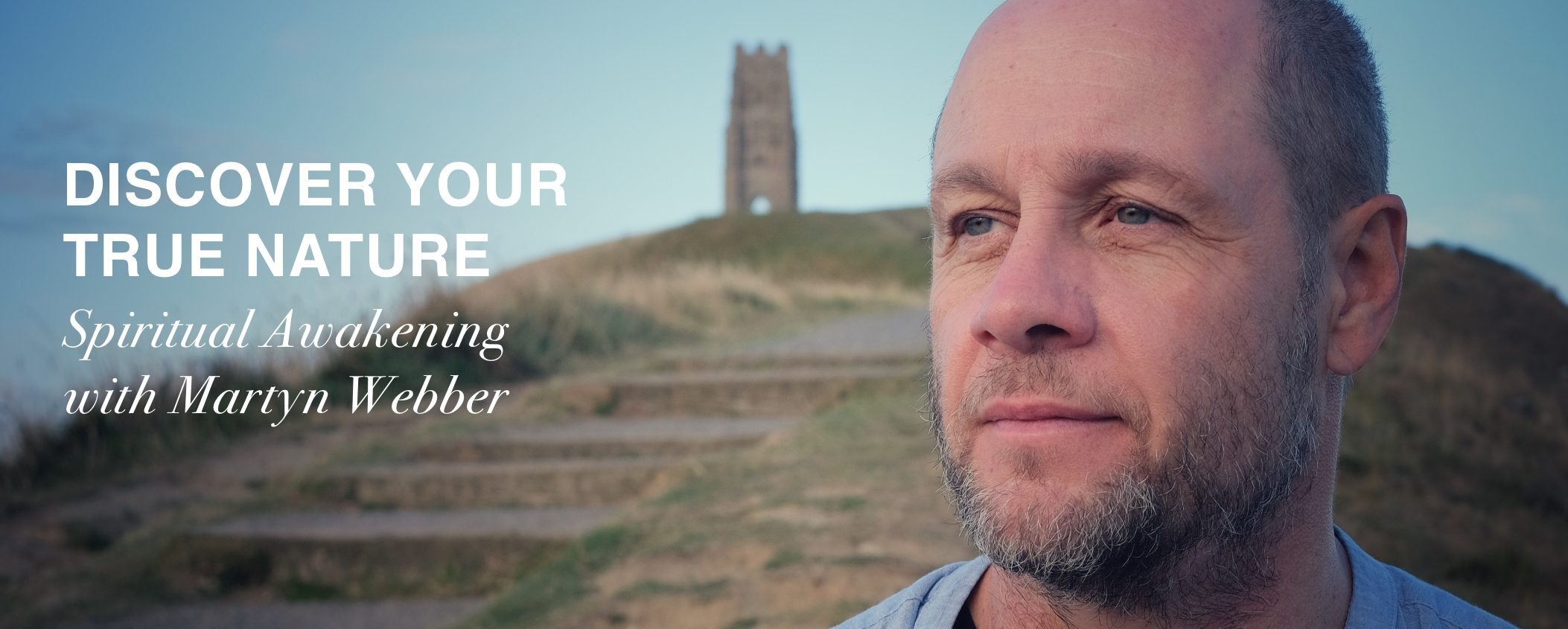Conscience is a strange thing, it’s intuitive, it’s felt. When we’re in tune with it it’s bliss even though its dictates might be difficult to follow. But when we’re not listening it nags and emits a sense of unease. It’s like a Geiger counter that makes odd erratic noises until it picks up the signal, then it becomes increasingly coherent until it finally rings clear and true when it finds its goal. And like the old game of ‘warmer and cooler’ we need to tune into it by feeling our way, asking our feeling whether we’re further away or closer to that sense of rightness which is ours alone, our particular sense.
Because that’s the nature of conscience, we each have our own, and any two people in the ‘same’ situation might have very different authentic responses, a different intuitive sense of what THEY should do or not do.
So conscience is a ‘sense’. It might speak to us in words or it might not. But it’s better understood as a kind of felt sense of knowingness. And whether that shows up by communicating a rightness or a wrongness, a yes or a no, it’s experienced as a species of intuitive knowing that is prior to and more intimate than any mental or intellectual considerations.
Of course this makes it very difficult for the mind to accept and justify on its own terms, and so it becomes a question of which faculty we trust and follow. But in order to let go of the mind we have to recognise where its limitations are, then maybe, just maybe, we might trust our deeper sense.
This intuitive sense is key to living in flow. So flow, intuition, conscience, Self, and bliss, all converge at the same place. The biblical word for ‘sin’ is a crude moralistic translation of the Greek word ‘harmartia’, which is an archery term that means ‘to miss the mark’. And in regard to living our truth, to hit the mark is to identify this centre of intuitive knowingness and live from there. Its to be a stream-enterer, and it’s to be truly sovereign.
The sad fact is in this life at this time we often have to fight for that sovereignty. Most people live by the mind because the mind can justify anything and so we can use it to let ourselves off the hook when we to start to fear and cling. But the conscience knows, and that still small silent voice, that pre-eminent sense of truth will let us know. If something is wrong we’ll know it and if something is right we’ll know that too. But whether we listen, and not just listen but follow, is up to us.
The problem is that the mind offers endless justifications in support of its conclusions but the intuition offers none, just its own sense of non-conceptual knowingness that must be taken on trust. Which is a big ask for the mind. Fortunately we can begin to experiment with this intuitive guidance system. If we’re not familiar with it we can listen and follow once in a while and see what happens. We can tune in and try out some low-stakes decisions before we up the stakes. In time we’ll discover that this sense is connected to a deeper, broader knowledge and wisdom and is a far better guide to our well-being than the mind.
And this is not to say to abandon the mind. When we live from our intuitive heart we find that its wisdom includes the functioning mind, but it becomes a useful servant instead of a poor master.
So when we’re listening and following our intuitive sense we’re in flow and our faculties are all stacked up. It’s the manifest becoming properly aligned with the unmanifest being and it’s experienced as bliss. Now I know ‘bliss’ is a word that’s prone to misunderstanding and is often conflated with simple pleasure. But perhaps bliss is better understood as that sense of well-being or rightness when we’re in this groove, this flow. And we all know what it is and that’s the thing. We can speak about it, we can reference it and have words for it, and we can understand it because it’s real and it’s common to us.
It feels better to live from our conscience, our intuition, even though it sometimes calls us to do difficult things, to make decisions and take actions that aren’t always easy and comfortable. Because it calls us to a higher order of being and living.
“But HOW do I know?” asks the mind.
“I just KNOW” answers the heart.
That’s often not a sufficient answer for the mind. My answer to that is to TRY. Experiment with trusting our intuitive knowingness. Learn to identify it, and listen to it when it makes itself known. But importantly, try following it, and then see how things go. And in this way we learn whether it’s trustworthy or not.
Yes, it’s a leap of faith in a way — acting on some SENSE of knowing — but if we continue to give the mind precedence it will never concede. It’s up to us to try a different way.

Leave a Reply